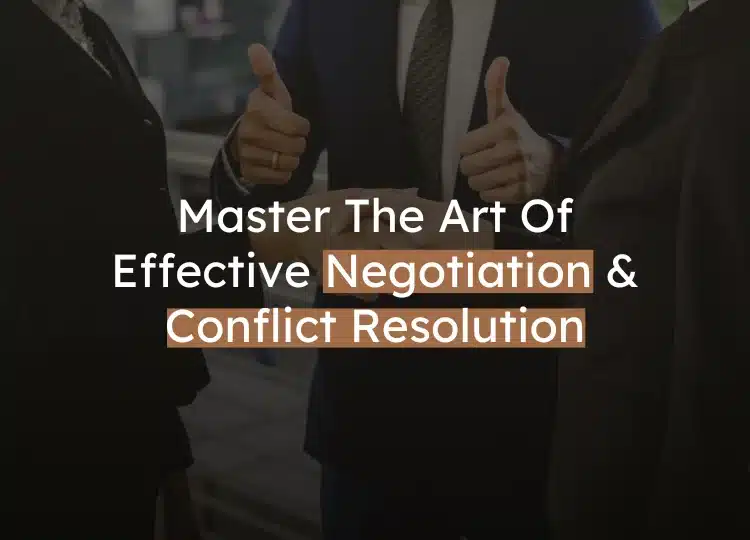
About Course
Master the essential skills to navigate conflict and negotiate with confidence in any setting—professional, personal, or global. The Art of Conflict Resolution and Negotiation is a comprehensive online course designed to equip you with practical tools and proven strategies to manage disputes, build mutual understanding, and achieve win-win outcomes.
